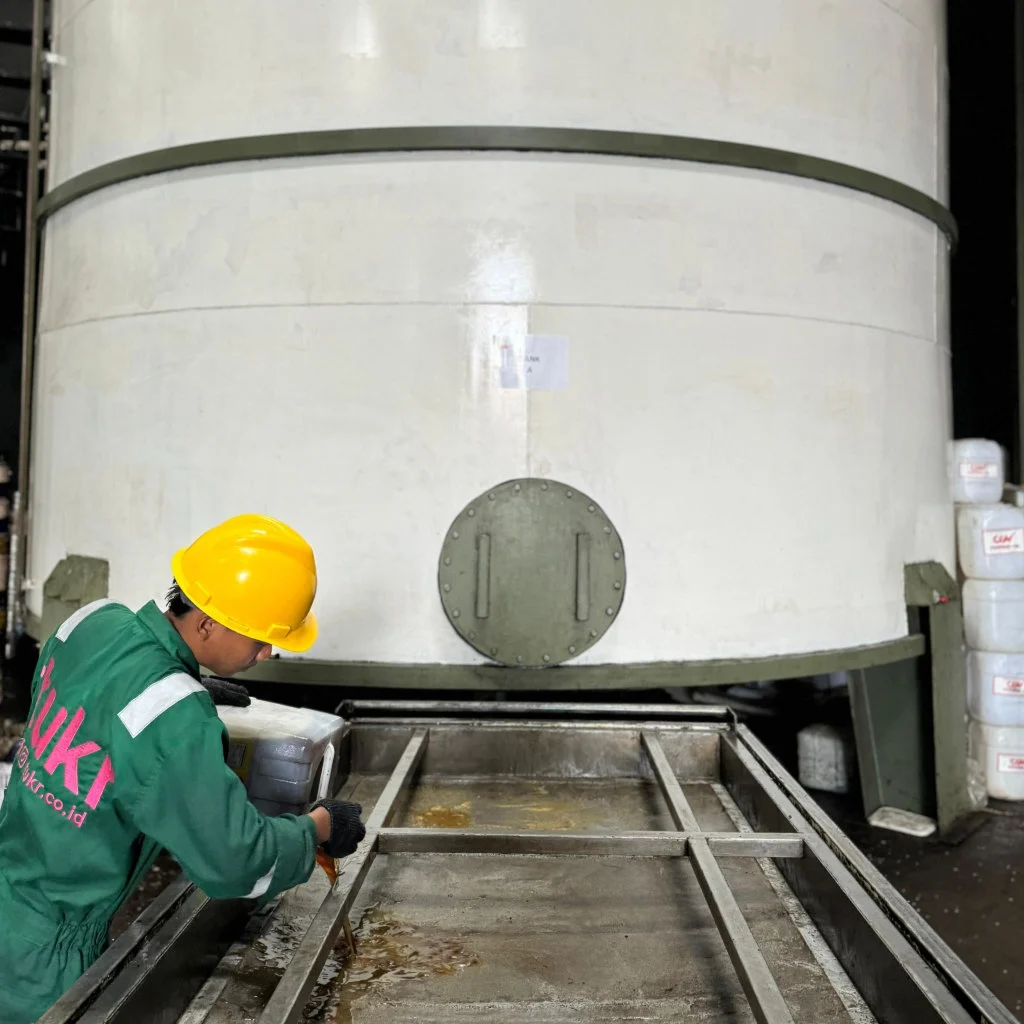Refined Fuels
Driving Clean Energy Innovations

Innovative Clean Energy
Through our strategic partnerships and integration across the value chain, we are able to offer refined products to clients. Such products includes Biodiesel, Hydrogenated Vegetable Oil (HVO) / Renewable Diesel (RD), Sustainable Aviation Fuel (SAF) and Bionaphtha.
These fuels are produced using renewable feedstocks, granting significant reductions in greenhouse gas emissions and are critical to meeting government set mandates around renewable fuel utilisation.
Biodiesel
Biodiesel is a renewable fuel produced through the esterification of fatty acids from virgin oils and waste products like Used Cooking Oil (UCO) and Palm Oil Mill Effluent (POME).
This bio-component is blended with conventional diesel, offering a cleaner alternative to fossil fuels.
Biodiesel helps reduce greenhouse gas emissions, promotes the recycling of waste oils, and decreases reliance on non-renewable energy sources.
It is compatible with existing diesel engines, providing an efficient and eco-friendly fuel option for consumers and industries alike.

Hydrogenated Vegetable Oil (HVO) / Renewable Diesel (RD)
Hydrogenated Vegetable Oil (HVO), also known as Renewable Diesel (RD), is a high-quality, renewable fuel produced by hydrogenating fatty acid feedstocks.
Unlike traditional biodiesel, HVO/RD matches the performance and quality of conventional diesel without technical limitations.
It is fully compatible with existing diesel infrastructure, requiring no modifications to engines or fueling systems.
HVO/RD reduces greenhouse gas emissions and particulate matter, offering a sustainable and efficient alternative for heavy-duty transportation, maritime, and other industries dependent on diesel fuel.

Sustainable Aviation Fuel (SAF)
Sustainable Aviation Fuel (SAF) is a cutting-edge, renewable fuel designed to reduce the aviation industry’s carbon footprint.
Produced from various renewable sources, SAF provides a greener alternative to traditional jet fuels, ensuring the sustainability of air travel.
SAF can be blended with conventional jet fuel and used in existing aircraft engines without modifications, making it an immediate solution for reducing aviation emissions.
By integrating SAF into their operations, airlines can significantly reduce greenhouse gas emissions and support global efforts to combat climate change, all while maintaining high performance and safety standards.

Bionaphtha
Bionaphtha is a valuable byproduct which can be produced via the production of renewable diesel or sustainable aviation fuel.
Bionaphtha provides a lower-carbon footprint option for petrochemical applications, gasoline blending, and as a feedstock for renewable plastics.
Its compatibility with existing industrial infrastructure makes bionaphtha an immediate, greener substitute, supporting reduced greenhouse gas emissions across sectors that rely on traditional naphtha sources.

Partner With Biofront
Contact Us Today